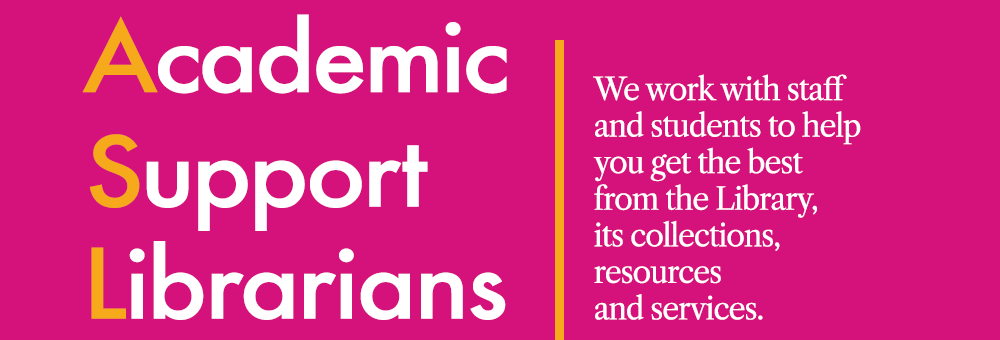
Image by ijmaki on Pixabay
One of the key parts of our role as librarians is to help staff and students find the things they need to complete their work. One way in which we do this is to create subject guides, which are like mini websites which collate all kinds of useful links and information we think will be helpful to those working and studying at the University.
You can find a full list of the subject guides we’ve made here, but some of our most popular during 2020-2021 have been the guides for Law, Business, East Asian Studies, English Literature and Engineering. As you’ll see from this list we have guides dedicated to each School and sometimes very specific guides which deal with subjects within those schools.
However we’ve also created guides which we believe are helpful resources for all students in any subject. For example our Exam and Revision guide is aimed at any student looking for top tips and news on the help that’s available from the library and university services to help make their studying more successful.

A screen capture of the Exams and Revision subject guide
Our Dissertation Festival guide contains loads of useful resources for students based on the events that took place in our recent Dissertation Festival (March 2021). Check it out if you’re looking for advice on how to get started with your dissertation research, or are interested in finding out more about some of the collections available from our library suppliers. Just like a face-to-face event you can also pick up your Festival Bag from this page, jam-packed with videos, information and helpful tips. You’ll hear more about the Dissertation Festival from one of our student interns in the coming weeks so watch this space!
Over the summer we’re working on guides relating to Disability and Open Resources which will be published in the coming months.
Did you know we take requests?
If you think that there’s a previously untapped topic we should make a guide for, please let us know by leaving a comment on this post or emailing your Academic Support Librarian using the links on this page. We’d love to hear from you!
SarahLouise McDonald, Academic Support Librarian




